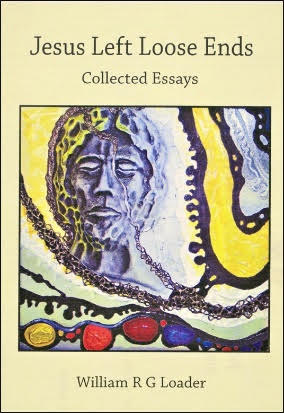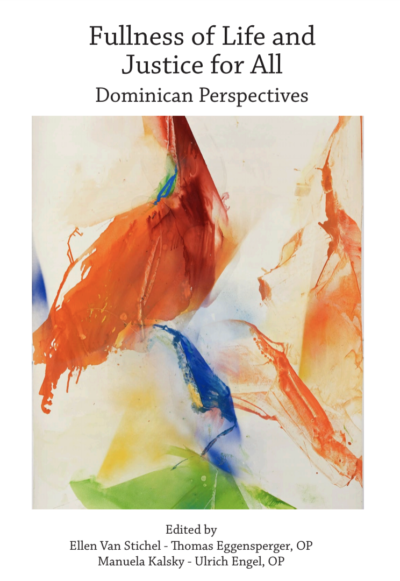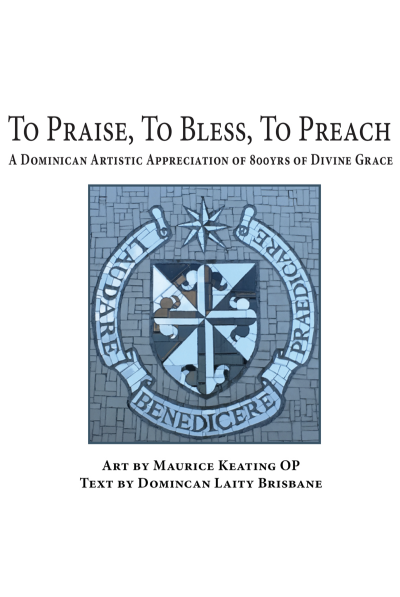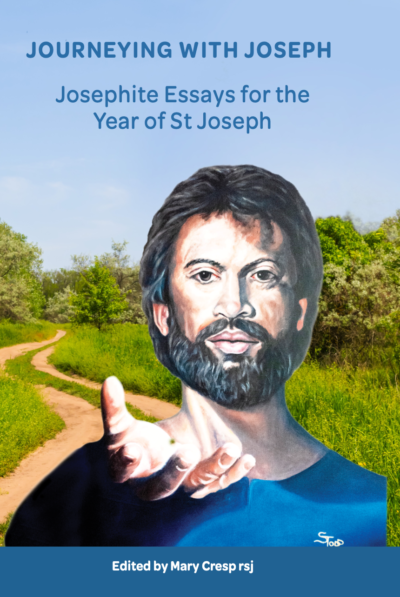Description
Making Peace Peace with the land of Australia: Based on Principles for Promoting Peace with Planet Earth – author Norman Habel
2019
From the Preface This heart of this volume is based on a lecture I gave in honour of Charles Strong, my mentor in the pursuit of peace. On Armistice Day 2018, we held an Armistice Day Convocation to honour Charles Strong as a pioneer pacifist in Australia and collected our reflections in a volume entitled, Remembering Pioneer Pacifist Charles Strong (Habel 2018). Some key lines from his famous Thoughts on Armistice Day capture the essence of his faith: Jesus said, ‘Love your enemies; do good to them that hate you; pray for them that persecute you’. I do not find in the celebration of Armistice Day any sign of this spirit, any prayer for Germans, Austrians, Serbians, Turks or Russians. Do they not need our prayers? Are they not our brothers? Are we not supposed, if one be overtaken in a fault, to ‘restore such a one,’ and so to ‘bear one another’s burdens? (Habel 2018, p. 9). Strong was an ardent advocate of peace at all levels of society and in international relations. He opposed the Boer War and the First World War, campaigning against conscription and refusing to sing the national anthem in church. For Strong, who was forced to leave the Presbyterian Church because of his stance on the doctrine of Atonement, God was not some omnipotent ruler on high but that almighty power called Love that permeates the cosmos and should govern all relationships in a society at peace. In my Strong Trust Lecture in December 2019 I sought to extend the thinking of Strong to meet the current environmental crisis that requires a re-thinking of our relationship with nature and promoting peace with Planet Earth. I am extending the pacifism of Strong from ‘peace on Earth’ to ‘peace with Planet Earth’, a perspective that I am sure he would endorse. I appreciate the editorial comments of Joh Wurst and Robert Crotty, a fellow member of the Charles Strong Trust. Preface This heart of this volume is based on a lecture I gave in honour of Charles Strong, my mentor in the pursuit of peace. On Armistice Day 2018, we held an Armistice Day Convocation to honour Charles Strong as a pioneer pacifist in Australia and collected our reflections in a volume entitled, Remembering Pioneer Pacifist Charles Strong (Habel 2018). Some key lines from his famous Thoughts on Armistice Day capture the essence of his faith: Jesus said, ‘Love your enemies; do good to them that hate you; pray for them that persecute you’. I do not find in the celebration of Armistice Day any sign of this spirit, any prayer for Germans, Austrians, Serbians, Turks or Russians. Do they not need our prayers? Are they not our brothers? Are we not supposed, if one be overtaken in a fault, to ‘restore such a one,’ and so to ‘bear one another’s burdens? (Habel 2018, p. 9). Strong was an ardent advocate of peace at all levels of society and in international relations. He opposed the Boer War and the First World War, campaigning against conscription and refusing to sing the national anthem in church. For Strong, who was forced to leave the Presbyterian Church because of his stance on the doctrine of Atonement, God was not some omnipotent ruler on high but that almighty power called Love that permeates the cosmos and should govern all relationships in a society at peace. In my Strong Trust Lecture in December 2019 I sought to extend the thinking of Strong to meet the current environmental crisis that requires a re-thinking of our relationship with nature and promoting peace with Planet Earth. I am extending the pacifism of Strong from ‘peace on Earth’ to ‘peace with Planet Earth’, a perspective that I am sure he would endorse. I appreciate the editorial comments of Joh Wurst and Robert Crotty, a fellow member of the Charles Strong Trust.
About the Author
Norm Habel was born Yulecart, near Hamilton in Victoria, Australia. He was professor of Biblical Studies in the USA from 1960-1973. In 1974 he returned to Australia and established the first Religion Studies Dept in Australia. From 1984-87 he was Principal of Kodaikanal International School in South India. During his time in India, he and his wife Janice Orrell established the Grihini program, a school and community health program for oppressed Tribal and Dalit women in the remote hills around Kodaikanal.
Pages: 70
ISBN
Soft 9781925612967
Hard 9781925612974





